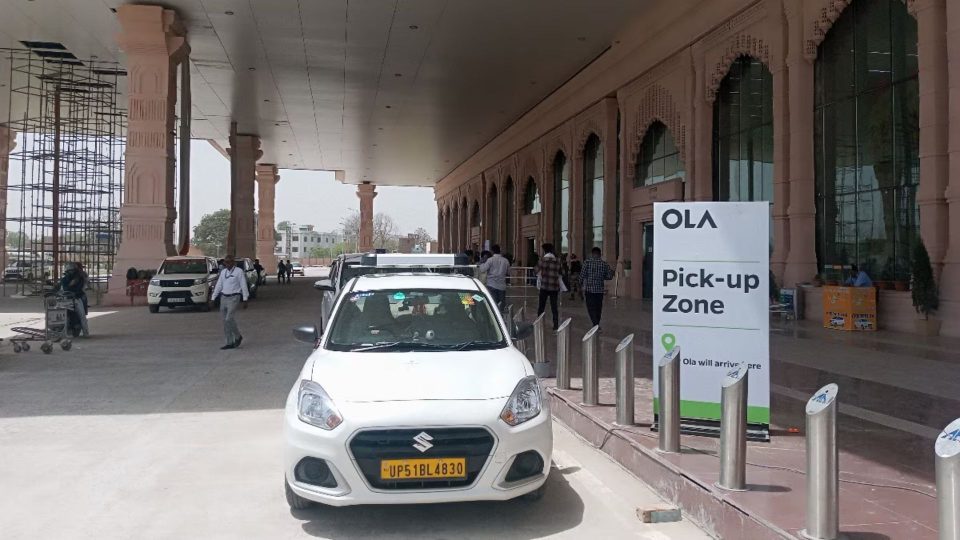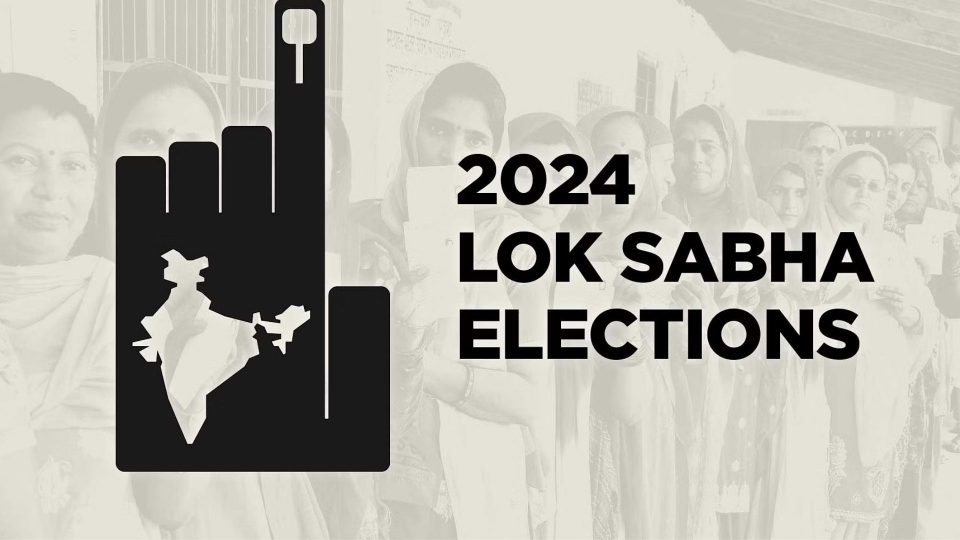As Diwali 2023 is near, the gift exchange trend is at hype in India. Employers share tokens of appreciation with their team, sellers connect with customers, and friends swap heartfelt gifts. But amidst all of this, it’s important to remember that these Diwali gifts come with some tax considerations.

Tax on Dilwai Gifts 2023
Even if the gifts you receive aren’t counted as your regular income, they can still be taxed under Section 56(2) of the Income Tax Act, 1961, unless they’re in the exempted category. Here are some basic rules about taxes on gifts that everyone should know:
Gifts by Relatives
If you receive a gift from your relatives, you won’t have to worry about taxes on it. Relatives, in this case, include your spouse, siblings, siblings of your spouse, siblings of your parents, and any grandparents or grandchildren from both sides, along with their spouses.
Gifts by Friends
If you get gifts from friends, they add up to your income and can be taxed. But don’t worry unless the total value goes over Rs 50,000 in a year. Diwali Gifts below that limit are tax-free. And hey, wedding gifts are exempt from tax altogether!
Gifts by Employer
Gifts from your employer are tax-free as long as they don’t go over Rs 5,000 in a year. If they do, the extra amount gets taxed as ‘perquisites.’
Also read:
Ab FD Break Karein Kabhi Bhi, RBI Changes FD Rules for Deposits Up to ₹1 Crore
Taxation on Immovable and Movable Property as Diwali Gift 2023
Sure thing! If you buy or get a property for less than it’s actually worth, the extra value might be seen as a gift for tax purposes. But here’s the good part: if that extra value is less than Rs 50,000, you don’t have to pay tax on it. So, no need to stress if it’s a small amount!
According to tax rules in the Income Tax Act of 1961, if someone gives you land or a building without asking for any money, it might be subject to tax. But there’s a catch. It only applies if the value of that property, as determined by the stamp duty, is more than Rs 50,000.




